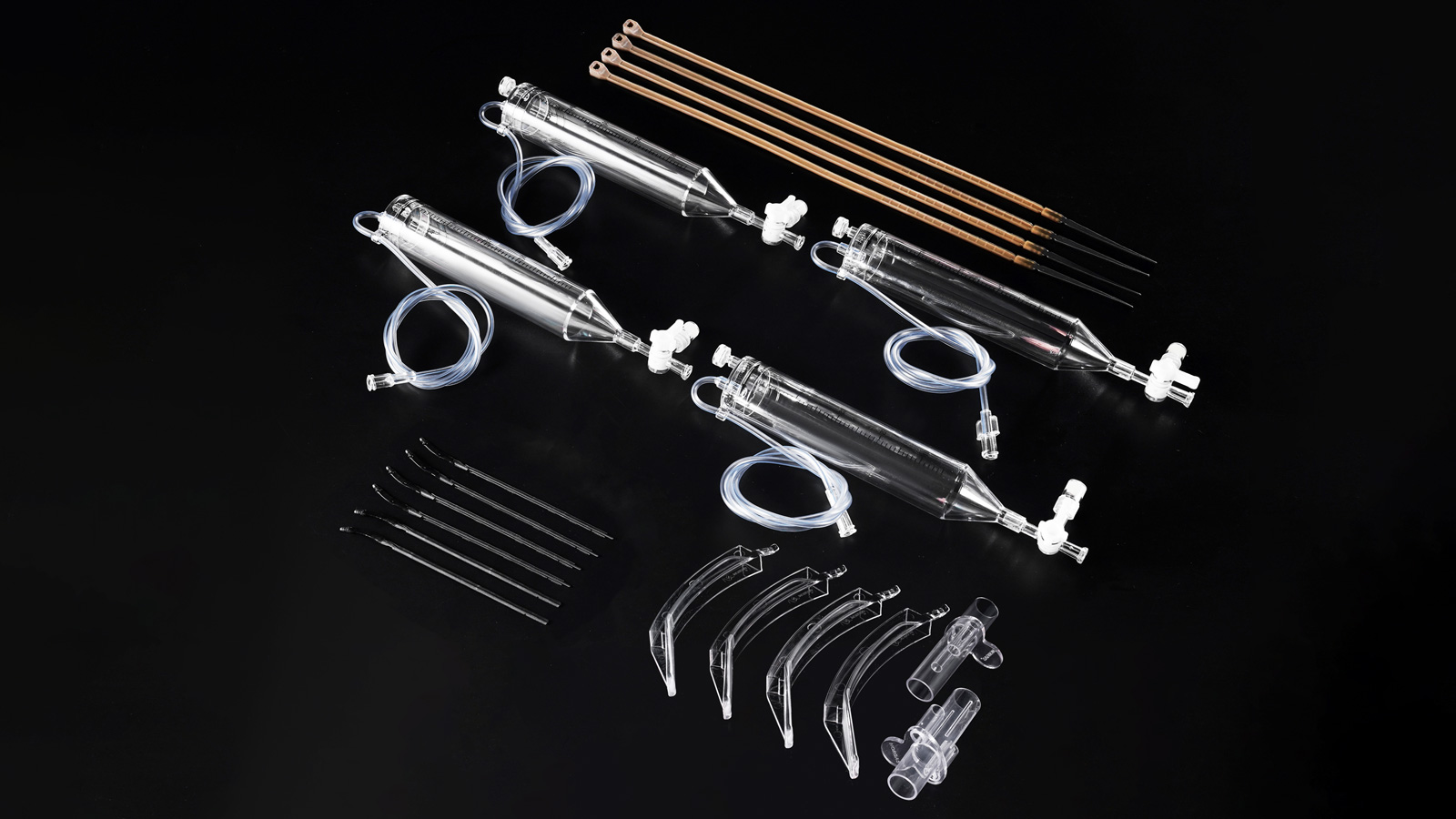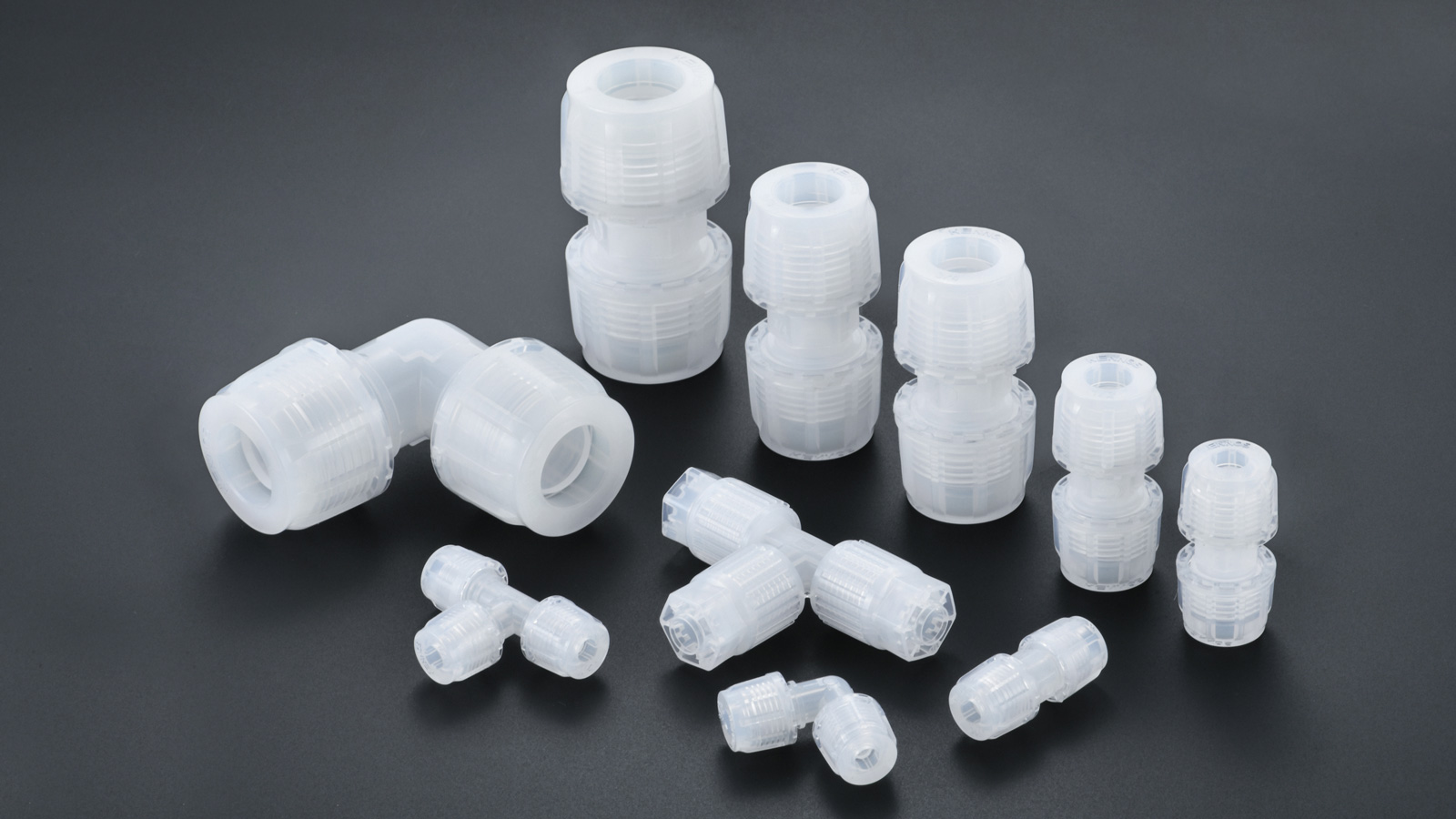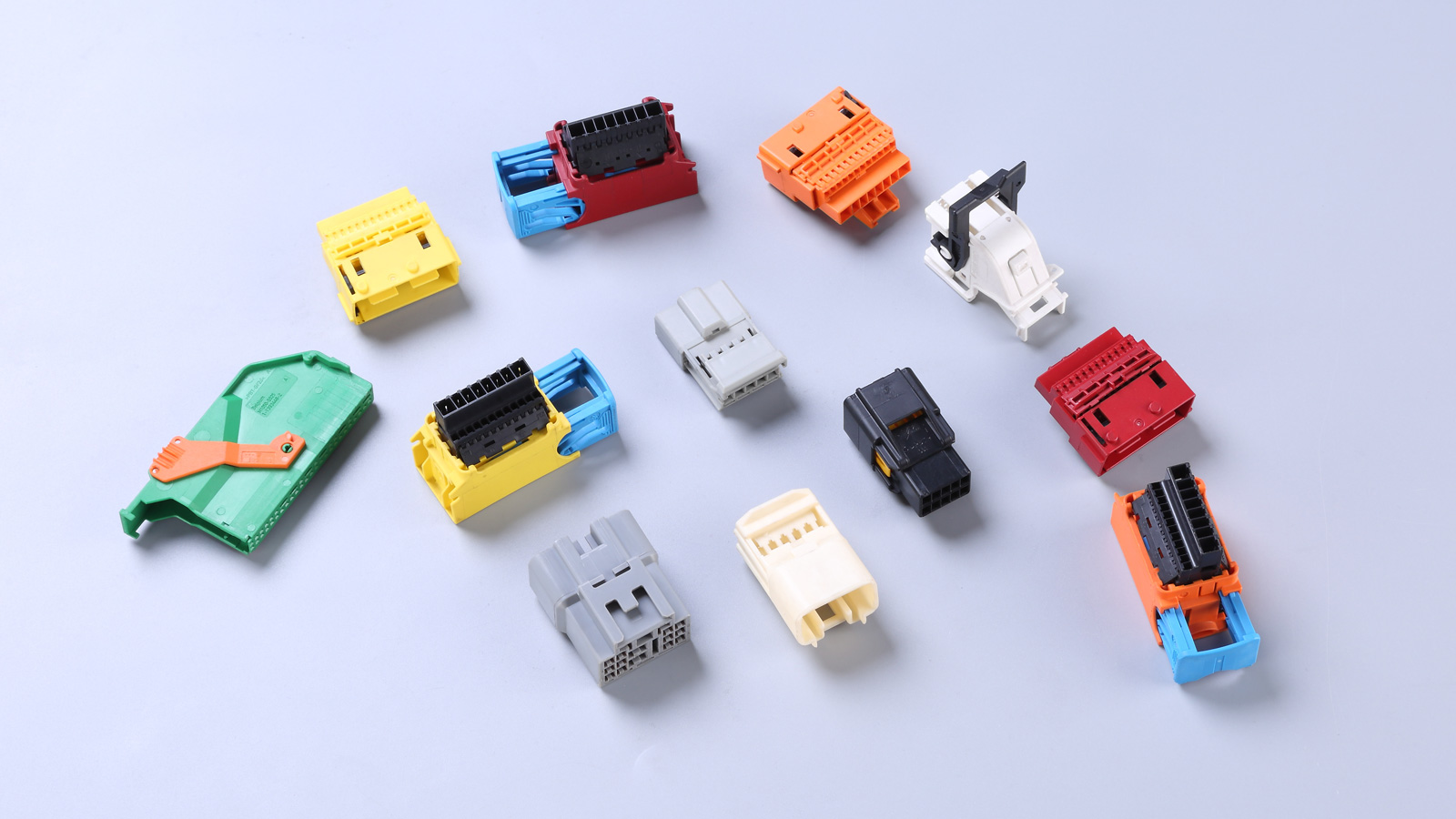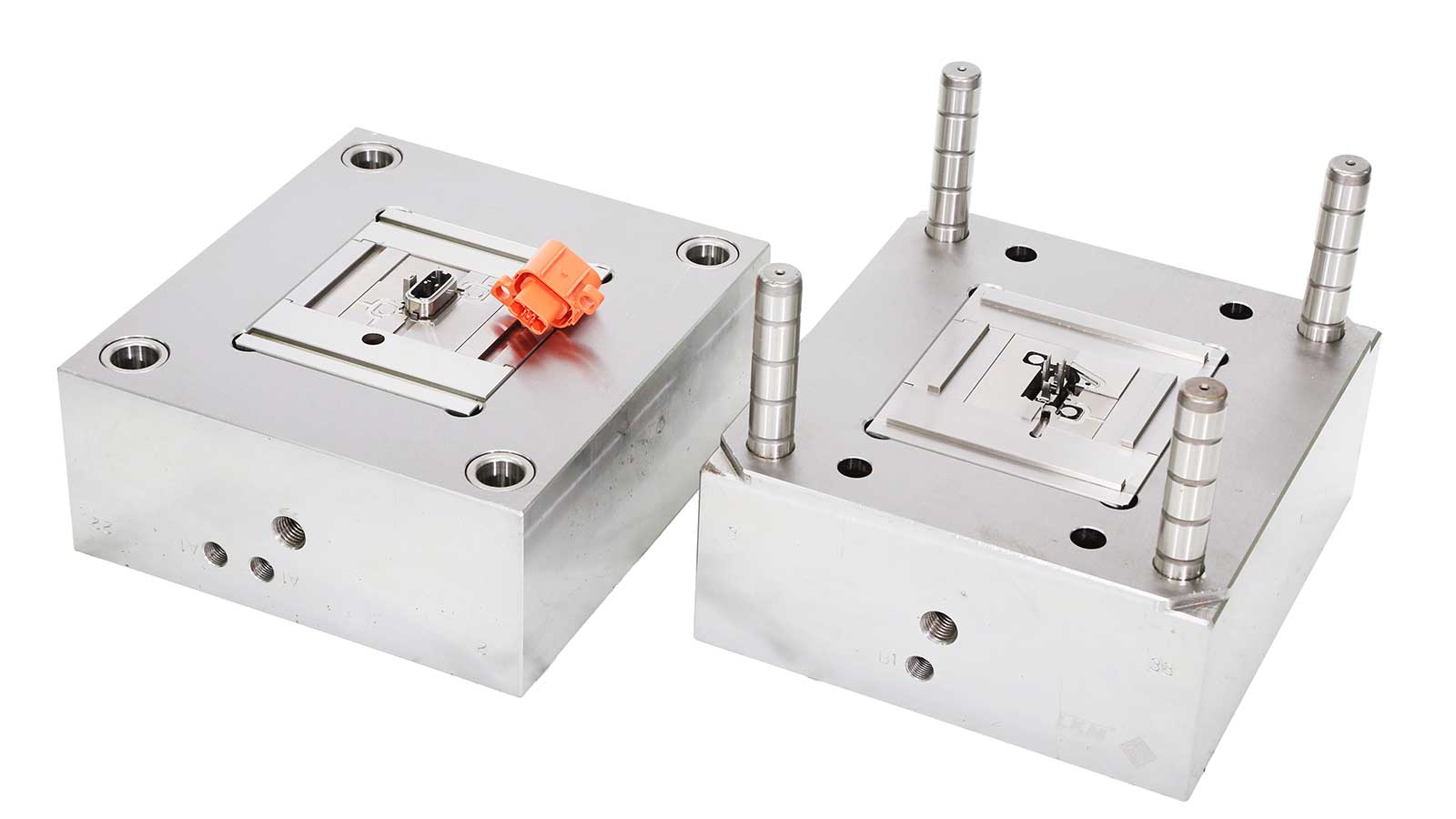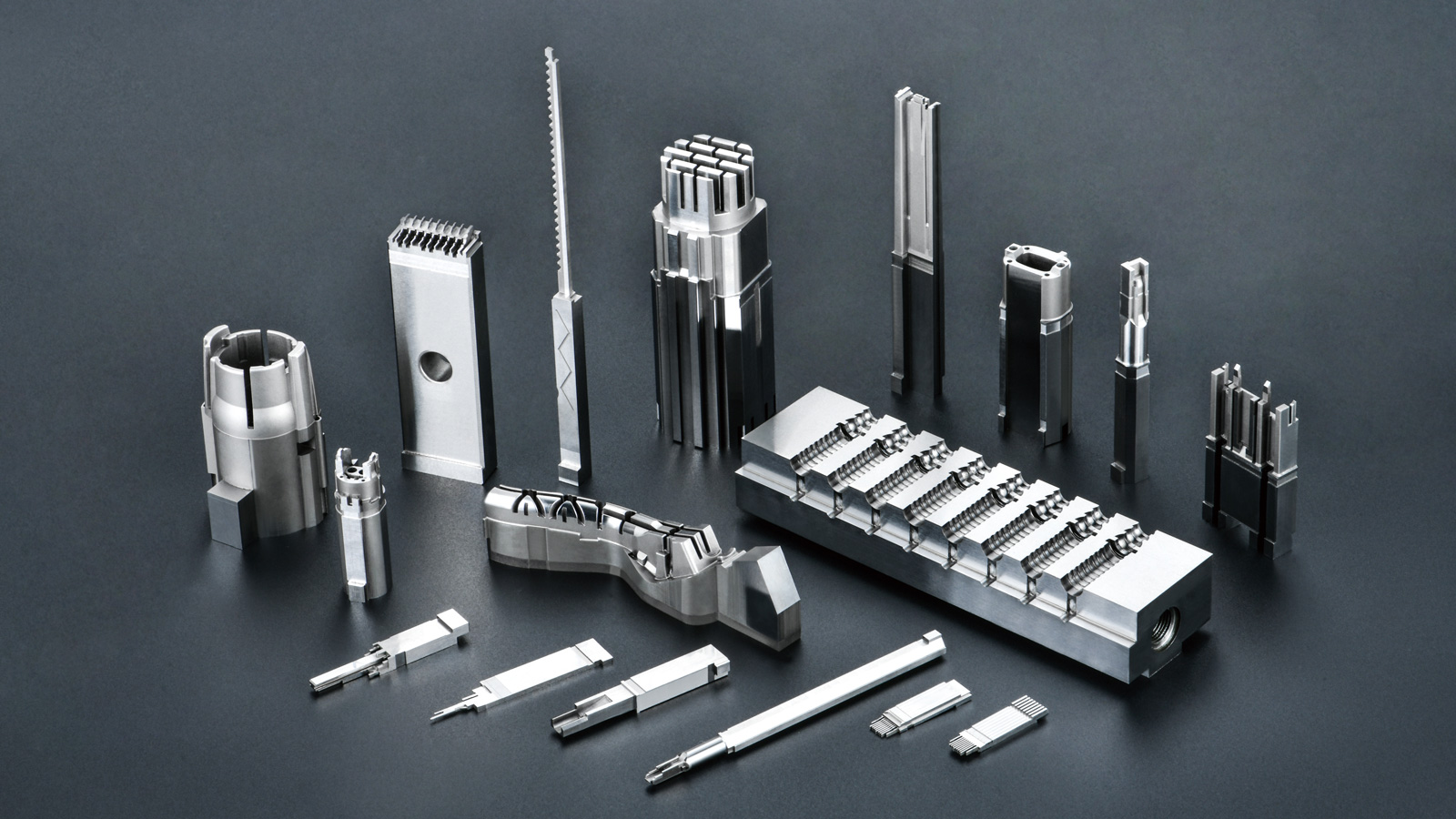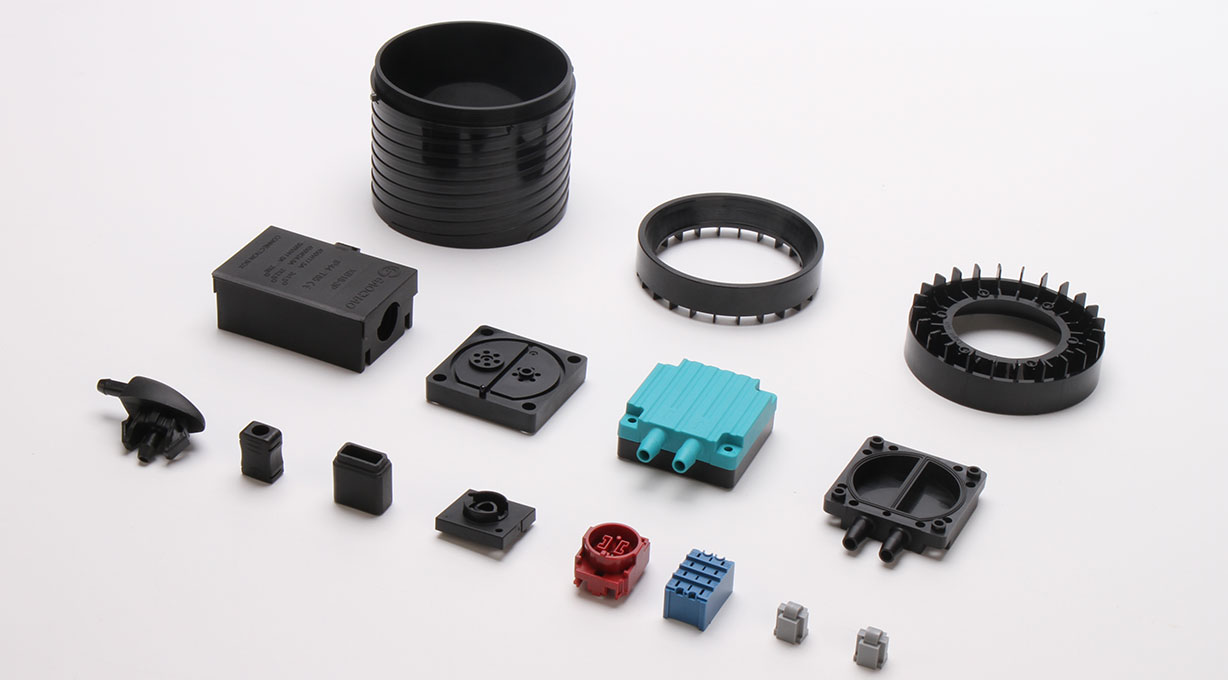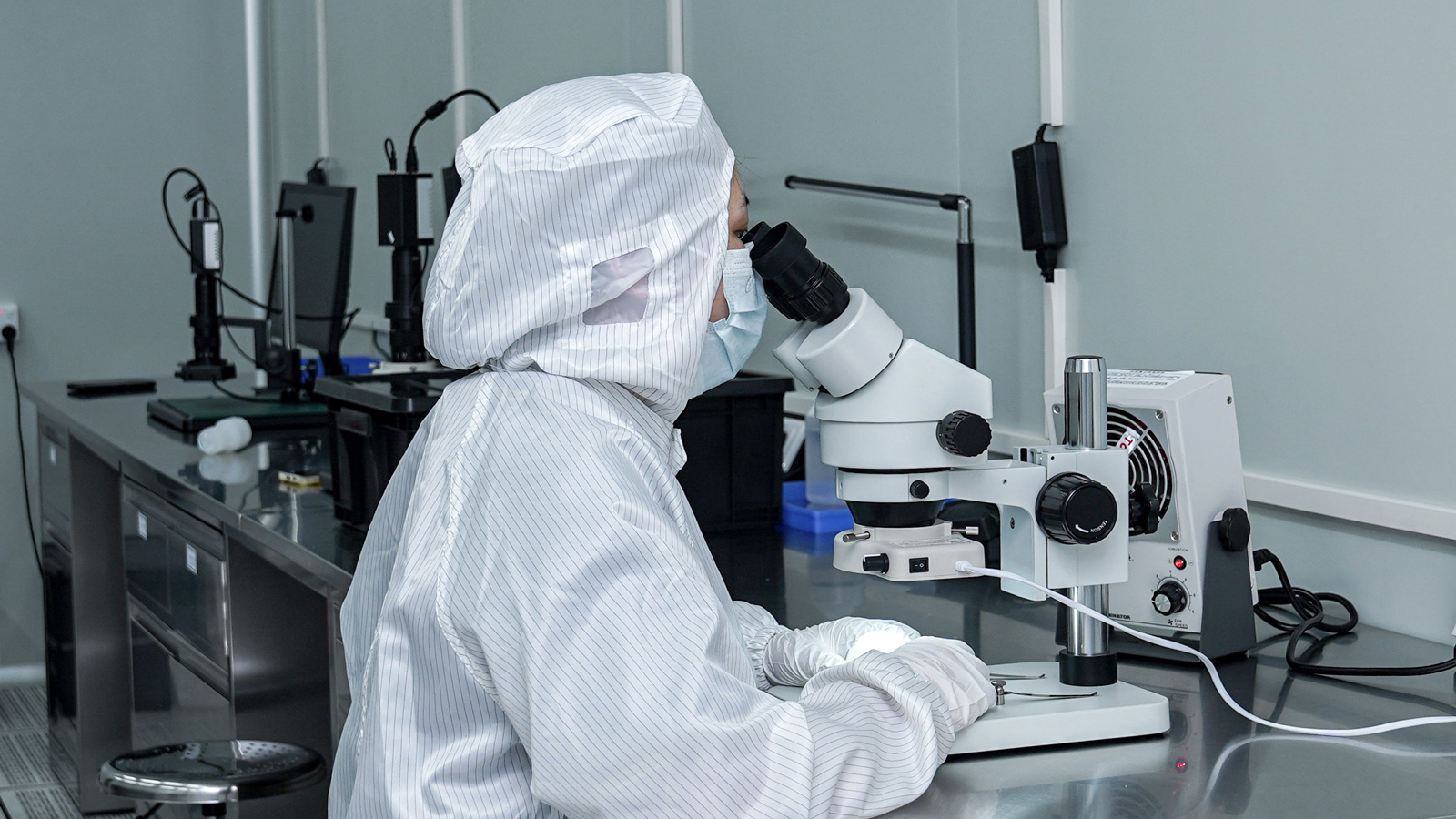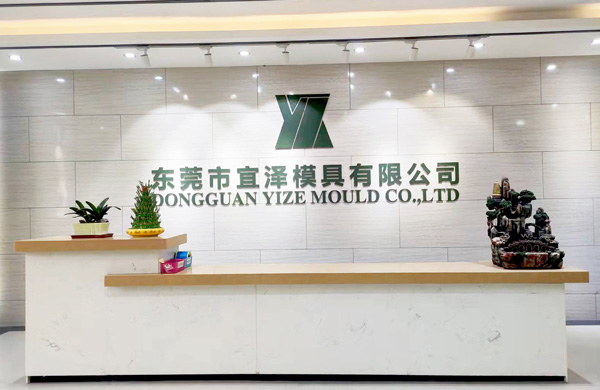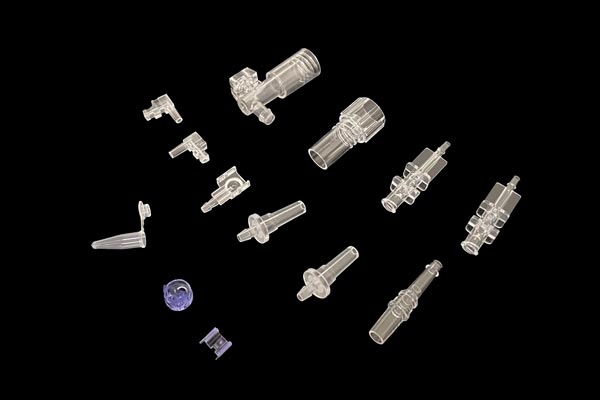In the field of injection molding, injection molds are widely used in various industrial applications such as automotive, industrial, connector, electronics, consumer, defense, and transportation industries. However, when it comes to medical injection molding, there are much stricter scrutiny standards regarding the cleanliness and, in some cases, the sterility of the injection molding workshops.
Application Areas of Medical Injection Molds
Medical injection molds have a broad range of applications, deeply penetrating various sub-sectors of the medical industry and playing a crucial role in safeguarding human health.
In patient care, a variety of appliances required for daily care and special devices for assisting patient rehabilitation rely on the precise molding of medical injection molds. In diagnostic equipment, whether it is the housing of sophisticated testing instruments or the tiny functional components inside, injection molds can ensure their dimensional accuracy and performance stability. In drug filtration, injection-molded filtration components, with their precise pore sizes and structures, effectively guarantee the purity and safety of drugs.
For housing and components, the complex and diverse housings of medical equipment as well as the key internal components are all produced efficiently and in batches through injection molds. In disposable medical supplies, such as syringes and infusion sets, injection molds ensure their safety and reliability for single-use. In the field of surgical instruments, from surgical knife handles to various fine surgical tool accessories, the precision of injection molds is directly related to the success of surgeries.
In orthopedic products, high-precision components like artificial joints and bone fixators are molded through injection molds, bringing new hope to patients. For cardiac-related products, such as the housings and internal components of pacemakers, injection molds ensure their stable operation under extreme physiological conditions. In ophthalmic treatment devices, the precise optical components are achieved through injection molding, realizing high-precision and low-defect manufacturing. Additionally, various medical and healthcare components and devices, ranging from the large housings of large-scale medical testing equipment to the small housings of micro-sensors, all rely on the support of injection molds.
High Professionalism and Strict Standards of Injection-Molded Parts for Medical Devices
The injection-molded parts for medical devices exhibit extremely high professionalism. Compared with other industries, the medical industry has not only precise but also extremely detailed requirements for the sterility and regulatory compliance of mold parts. These high standards stem from the fact that medical devices come into direct contact with the human body and may even be implanted internally. Any minor contamination or quality defect could pose a serious threat to patients.
Cleanroom Injection Molding Workshops: A Key Guarantee for Medical Injection Molding
The controlled environment of a cleanroom injection molding workshop is a core element in ensuring the quality of medical injection molding. During the manufacturing process of medical device components, plastic is the main constituent material. A cleanroom injection molding workshop can effectively prevent the contamination of plastics by particulate matter, including dust, airborne organic matter, and vaporized particles.
If dust adheres to the surface of plastics, it may detach during subsequent processing or use, entering the human body or affecting the normal operation of the equipment. Airborne organic matter, such as microorganisms like bacteria and viruses, if they contaminate plastic components, will directly threaten the health of patients, especially in medical scenarios involving sterile operations. Vaporized particles may alter the chemical properties of plastics, affecting their physical properties and biocompatibility.
Therefore, by precisely controlling environmental parameters such as temperature, humidity, and air cleanliness, a cleanroom injection molding workshop provides a stable and clean production environment for medical injection molding. This ensures that every medical device component meets strict quality standards and sterility requirements, thus laying a solid foundation for the safety and development of the medical industry.
